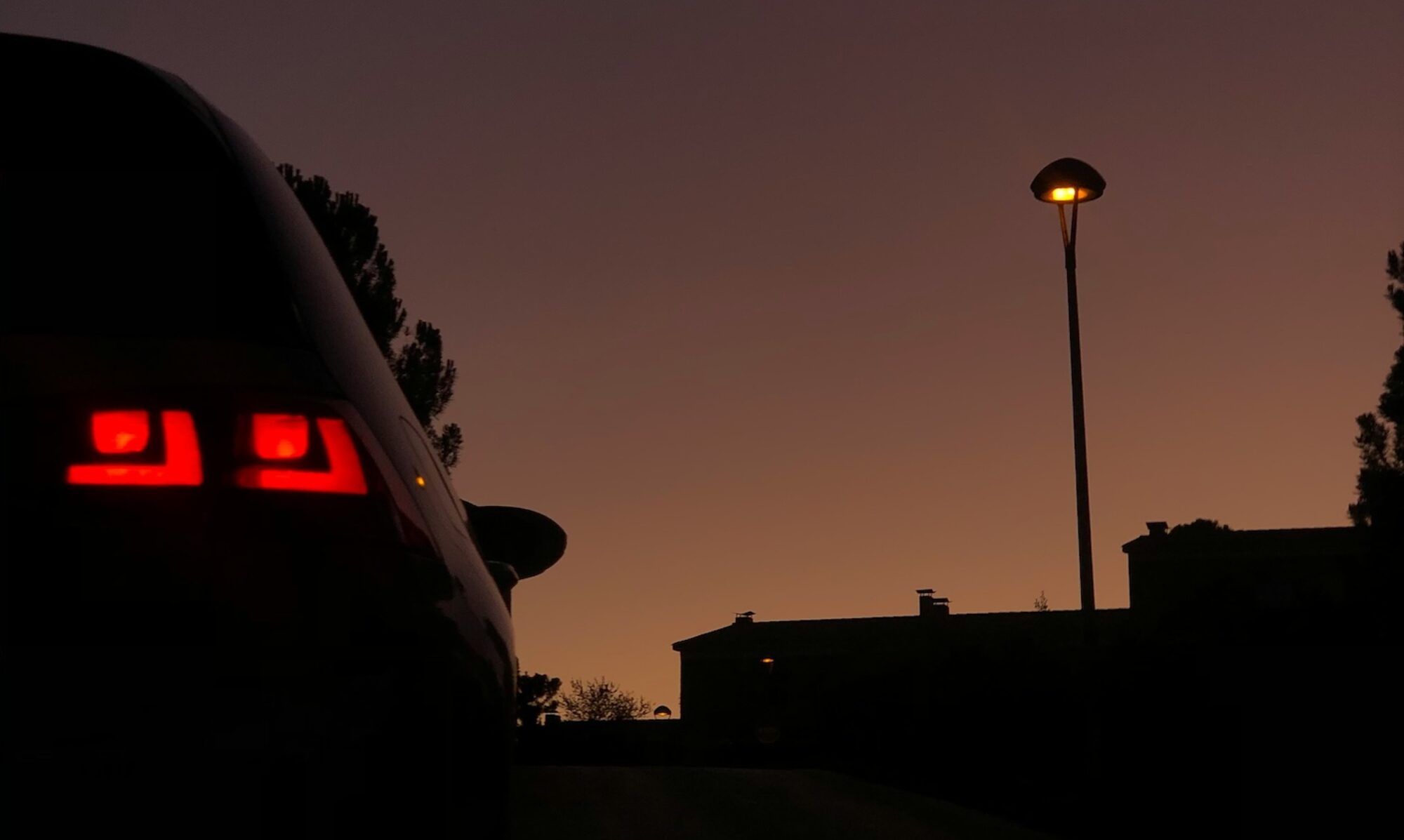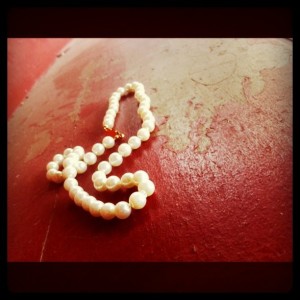My friend was born gifted artistically and relationally, different build and interests than his football trophy-winning brothers and father. He watched from the kitchen window, wanting to be invited into the brotherhood, but their limited scope of relating as males unintentionally and unfortunately created a rift, leaving him on the outside looking in. Instead of acknowledging his gifts as equally (potentially even more) valuable, masculine strengths in the world, there was a void of male affirmation and bonding. Finding girls easier to relate to, he was called sissy and other names at school. Then, eager to be accepted by an older boy, he found himself lured and molested. Gifted, alone, eager to fit in, rejected, finding solace in friends that were girls, molested… What if… he was given no choice to sort out those feelings as to what they may mean, but only told some of the names he was called were true? “You are gay.” “You were born that way. Accept it.”
Wait, rewind… how was he born? Slight of stature, sensitive relationally and talented artistically, gifted differently than any of the males in his family. Born into an environment with a limited perspective of what it means to be male, no one perceptive to affirm and encourage his gifts as wonderfully valuable in the world of men, calling him into manhood as a respected leader. His boyhood became shaped by the traumatic and confusing experience of being drawn instead into an abusive sexual experience by someone he’d hoped would be a true friend.
I would never want my friend to change his relational nature. His gifts are no less masculine in the arts as in athletics. He is a great husband, father, dance instructor, counselor, son, brother, friend. He has realized that his perceptions of himself and others formed not exclusively because of the way he was born, but like all of us, because of the perspectives and shaping of the relationship dynamics around him, including societal values, others’ imperfect attitudes toward him, and comparison of himself to others, starting in his family. Experiences (not all ideal) mixed with personal perceptions led to responses in his young life, creating and solidifying his view of self in comparison to other men, some of which were not worthy to emulate. Did that make him less of a man — or was there a bigger problem with our worldly perspective of manhood, and the labeling of those who are not within the popular machismo?
Wouldn’t the world be a better place if people had known to embrace and encourage the more sensitive, creative young men as great models of the measure of a man — and empowered those hearts with courage that they have just what it takes in unique gifts to be the virtuous men and leaders this world needs? Not “sissy”… not “go play with the girls because you don’t fit here”… Not to be used sexually by a bully.
Where did that all leave my friend in puberty? Quite confused. More bonded with the girls, still wanting, needing acceptance among his own gender, but labeled as feminized, and then, his strongest experience feeling most “accepted” by a male being a perpetrator’s seduction.
What if…
What goes into determining one is “gay”? Alongside the popular idea of “born that way,” (the ideology many want accepted as the foregone conclusion of every story), I’ve heard many personal stories of young men called names, labeled with “fag,” “sissy,” “girl,” etc., before they had any concept of sexuality… or “tomboy,” “butch,” “dike,” “lesbian,” toward precious, strong girls — many surviving childhood molestation, and/or more subtle exposure to cruelty or porn in the home, its very presence screaming underlying attitudes of what society accepts as the pinnacle pinup model of women — and the expectation of objectification and idolatry as a pleasurable pastime for men. Female friends of mine share these experiences from their formative years, mixed with broken relationships in homes, and unfortunate combinations of passive and harsh parents, and society says, “Born that way! Period.”
Is there not cause to speak of the need (& the lack) of protection of innocence and purity over the emotional, spiritual, and yes, even sexual development of children in our world? How do we respect the strength and value of little boys and girls? … of teens, young women, and men? Lacking protection, the cultural messages are loud and clear — rather than affirming the goodness of their gender, instead degrading and polluting it in so many ways. Degrading them. All of us! Would any argue that our culture is wounded and bleeding in many places in the area of sexuality?
The transition from childhood into what it means to be an adult in a highly sexualized culture is fraught with hazard. And what are we saying if we are allowing the stereotype and labeling to continue, that particularly more relationally sensitive, less athletic, or more artistically gifted males, or physically strong, outdoorsy girls are “born gay”? I realize that we’re not limiting “gayness” to those who are seen as having softer traits as boys or more athleticism in girls. But if we admit to having in society often correlated, even labeled those qualities as “born that way/gay,” are we potentially part of the development of that self-perception in some individuals? And, here’s a heated question: has society called “gay” what was not popularly accepted as healthy qualities for heterosexuality? Strength in femininity and sensitivity in males? (Are these questions too deep — too sensitive? I won’t be surprised if they hit some nerves!)
Are we really going to ignore all the factors that go into the development of sexuality — and those experiences that most certainly have a sway on the development of sexual feelings and gender identity? What if my friends who were labeled this way are given no help, no encouragement, no choice to look at the circumstances of environment, experiences, and nurture part of their sexual development, just because that’s the politically correct accepted belief right now? What if any sexual abuse and perversion toward gender development is ignored, all for the sake of “accept and embrace any feelings as meaning this different identity over here, and go proudly on!”? What if what’s “pop” at the moment is not the full picture? What if that does not touch the deepest heart issues at stake?
Would encouraging these friends to go explore sexual experiences of any kind help? Would that not be like telling someone with an open wound or a broken bone to go run and play, ignoring their need for care and attention to prevent further pain and danger of infection — or for bones to be set to heal back to full strength and function? To ignore the existence of factors other than genetic is not the full picture… it’s not love… and it’s not respecting the whole of the individual and choice.
My friends have come to see themselves as adequate men and women. They came to recognize their first sexual experiences as abusive and not defining. They are still overcoming perceptions thrust on them now of being “gay but in denial,” from those on one side of the political spectrum — and of “not trying harder to be feminine or masculine enough” (based on societal outward expectations) from some on the other extreme — instead of being looked upon in general as a good and accepted example of heterosexual masculinity or femininity, as the sensitively mannered male, and intelligent, athletic female. I believe these factors when they tell me, are worth considering.
What if…
Respectfully…
A Friend


Incredible thoughts. Much to chew on here.
Thanks for sharing a much needed perspective!
To whom do we turn? Thanking God for you, friend and ally!!
Powerful. Will read it a few times over I am sure. Praises for this piece.